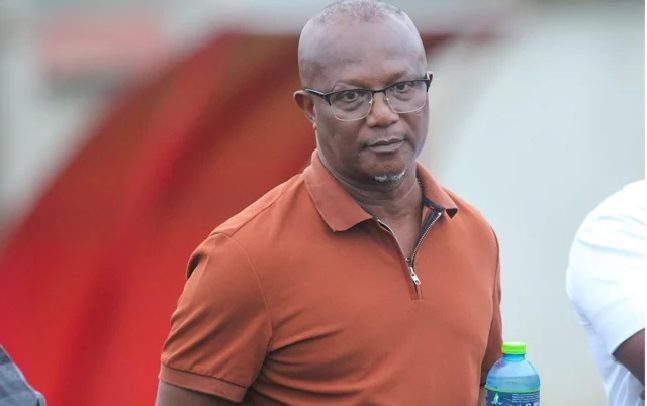CAF Orders Kwasi Appiah To Resign From Ghana FA Executive Committee
The order comes amid concerns over Appiah’s dual roles and potential conflicts of interest.
- Advertisement -
In a dramatic turn of events, the Confederation of African Football (CAF) has directed Kwasi Appiah, head coach of Sudan’s national team, to step down as an executive member of the Ghana Football Association (GFA).
The order comes amid concerns over Appiah’s dual roles and potential conflicts of interest.
- Advertisement -
Background of the Controversy
- Advertisement -
Kwasi Appiah, a former Ghanaian international and coach of the Black Stars, was elected to the GFA executive committee in 2022, representing his former club, Asante Kotoko.
However, his subsequent appointment as head coach of Sudan’s national team in early 2023 raised eyebrows, sparking debates about his commitment to both roles.
Initial Resistance
Despite public opposition, Kwasi Appiah initially refused to relinquish his executive committee position, citing no conflict of interest.
However, CAF’s intervention has left him with no choice but to resign.
CAF’s Directive
In a letter dated October 1, 2024, CAF instructed Appiah to resign from the GFA executive committee by October 8, 2024.
- Advertisement -
The directive cites potential conflicts of interest and the need for coaches to focus exclusively on their national team duties.
Implications and Reactions
The development has sent shockwaves through Ghanaian football circles, with many welcoming CAF’s decision.
“This is a victory for good governance and transparency in football,” said a GFA official, who wished to remain anonymous.
Appiah’s resignation is expected to pave the way for fresh election to fill the vacant executive committee position.
Asante Kotoko, Appiah’s former club, will likely nominate a new representative.
Regional and Continental Implications
CAF’s directive sets a precedent for coaches and administrators holding dual roles across Africa.
The decision underscores the need for separation of powers and avoidance of conflicts of interest in football governance.
Source:dailyguidenetwork.com
- Advertisement -


